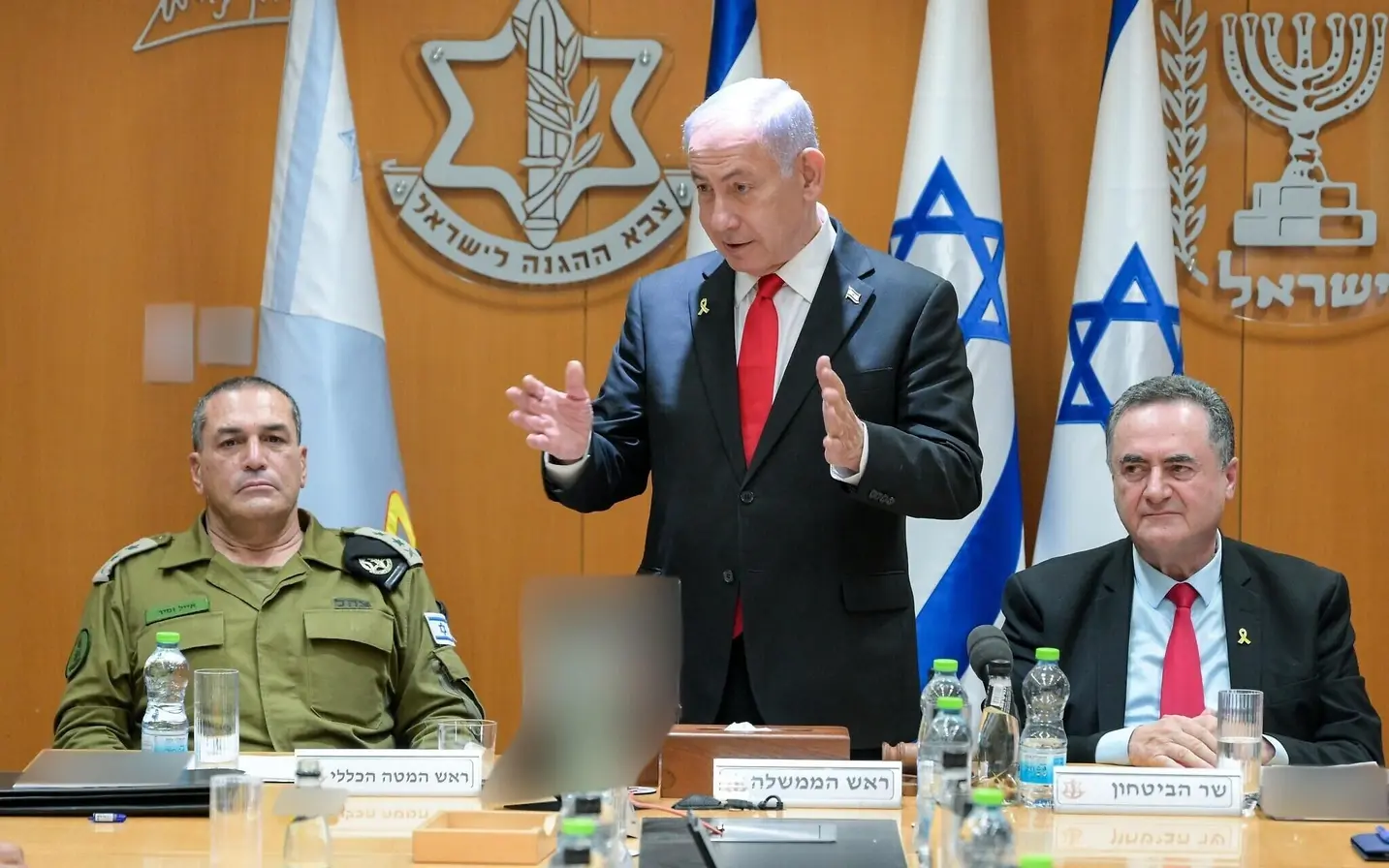T4K3.news
Netanyahu confirms full occupation of Gaza
Prime Minister Benjamin Netanyahu states Israel will fully occupy Gaza, focusing on military action against Hamas.
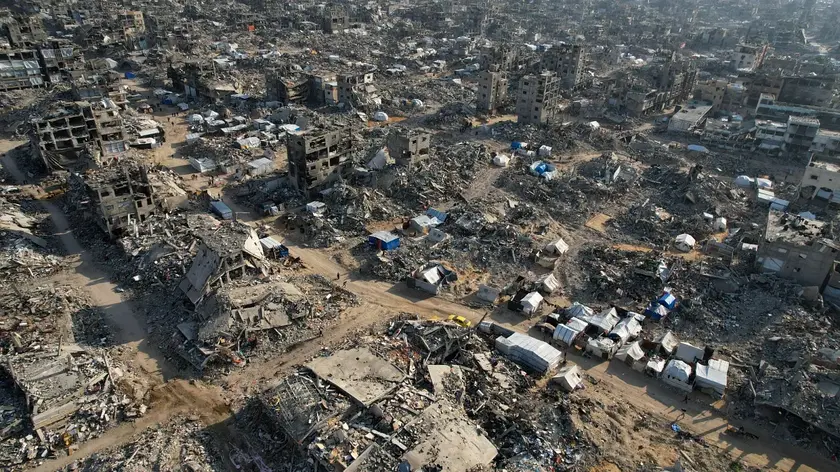
Israel's Prime Minister confirms a decisive strategy for the Gaza Strip.
Netanyahu announces plan for full occupation of Gaza
Prime Minister Benjamin Netanyahu declared on Monday that Israel will fully occupy the Gaza Strip, conducting military operations in key areas believed to hold hostages. He emphasized the need to liberate Gaza from Hamas, stating that many Gazans have asked for assistance in achieving freedom from the group. Netanyahu's directive follows internal tensions within the Israeli military command, leading to a stark message sent to Chief of Staff Lieutenant General Eyal Zamir regarding adherence to the new strategy. The announcement comes amid stalled negotiations for a ceasefire and humanitarian relief in Gaza, where conditions continue to worsen. Furthermore, discussions about the future governance of Gaza are ongoing, with a proposal outlining reconstructions plans that explicitly rule out Palestinian sovereignty or the involvement of international aid agencies.
Key Takeaways
"If this does not suit you, then you should resign."
This statement highlights the internal conflict within Israel's military leadership and Netanyahu's firm stance.
"We're committing to free Gaza from the tyranny of these terrorists."
Netanyahu's determination showcases the Israeli government's aggressive strategy toward Hamas.
"No Palestinian state, no UNRWA, no PA presence in Gaza."
This reveals the contentious future plans for Gaza, outlining the government's exclusionary stance.
"Israel has no intention of controlling Gaza long term."
This contradicts Netanyahu's recent statements, indicating significant policy disagreements within the Israeli government.
Netanyahu's firm stance marks a significant escalation in Israel's approach to the ongoing conflict in Gaza. The insistence on full occupation reflects a broader strategy where military control is prioritized over diplomatic solutions. This shift poses significant risks not only in terms of potential backlash from Palestinian citizens and regional actors but also raises ethical concerns about humanitarian conditions in Gaza. With internal divisions surfacing within Israel's military leadership, the likelihood of miscalculation increases, potentially leading to even greater conflict. Meanwhile, the exclusion of Palestinian governance hints at a troubling disregard for a diplomatic resolution, leaving open the question of what a post-war Gaza would truly look like.
Highlights
- Netanyahu's plan raises the stakes in an already tense situation.
- Excluding Palestinian authority could spark outrage.
- Total occupation signals a shift towards military dominance.
- The humanitarian crisis deepens as talks fail.
Political risks from Gaza occupation strategy
Netanyahu's plan for a full occupation raises significant concerns about regional backlash and humanitarian consequences. This unilateral approach could exacerbate tensions both domestically and internationally, as many view it as a violation of Palestinian rights and sovereignty.
The implications of this decision will unfold as regional dynamics evolve.
Enjoyed this? Let your friends know!
Related News

Israel plans large-scale aid for Gaza amid occupation discussions

Tensions rise over Gaza occupation plans
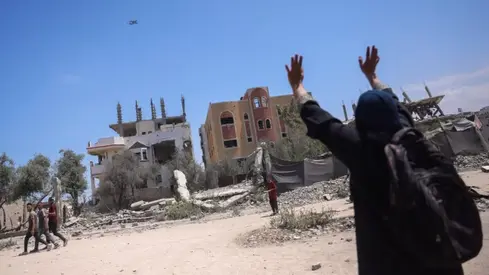
Netanyahu to unveil plans for full occupation of Gaza
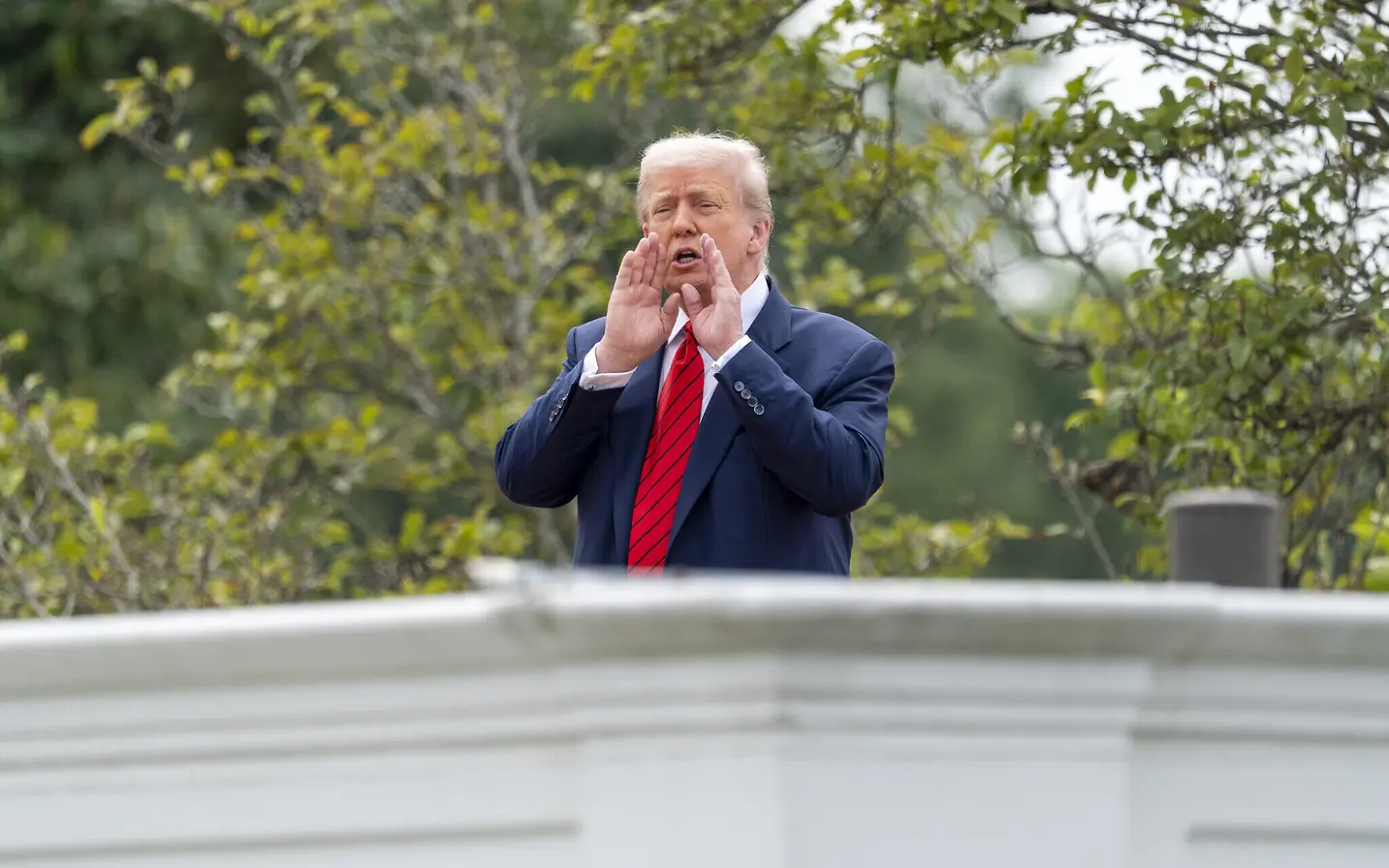
Trump supports Israeli Gaza occupation plans
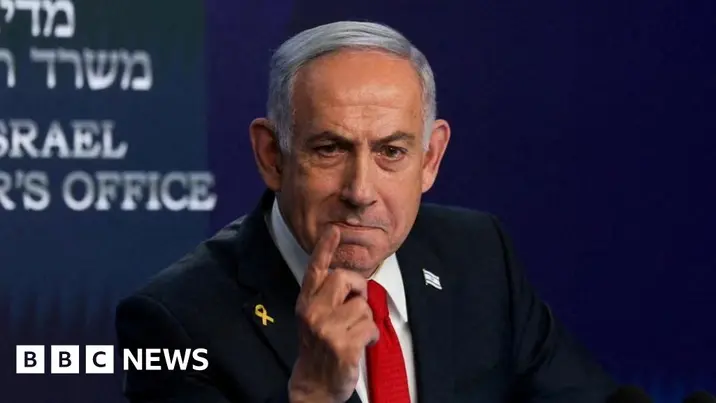
Netanyahu's plan to occupy Gaza faces backlash

Netanyahu seeks full occupation of Gaza amid internal division

Israel's cabinet set to approve full occupation of Gaza
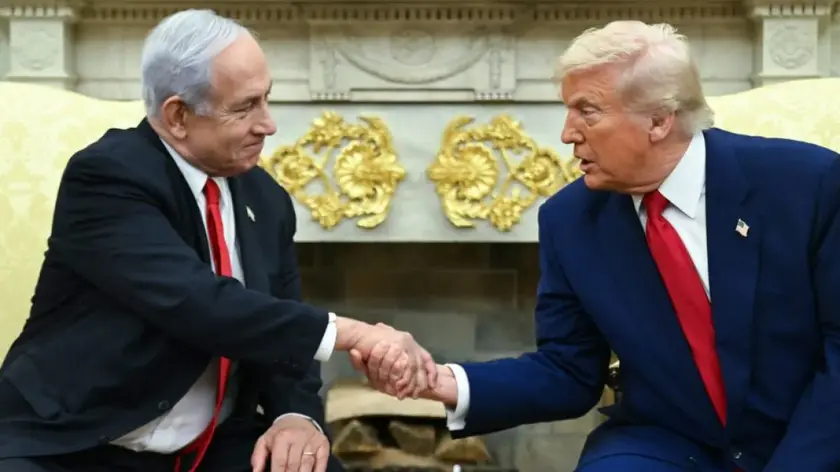
Netanyahu signals intent for full Gaza occupation
